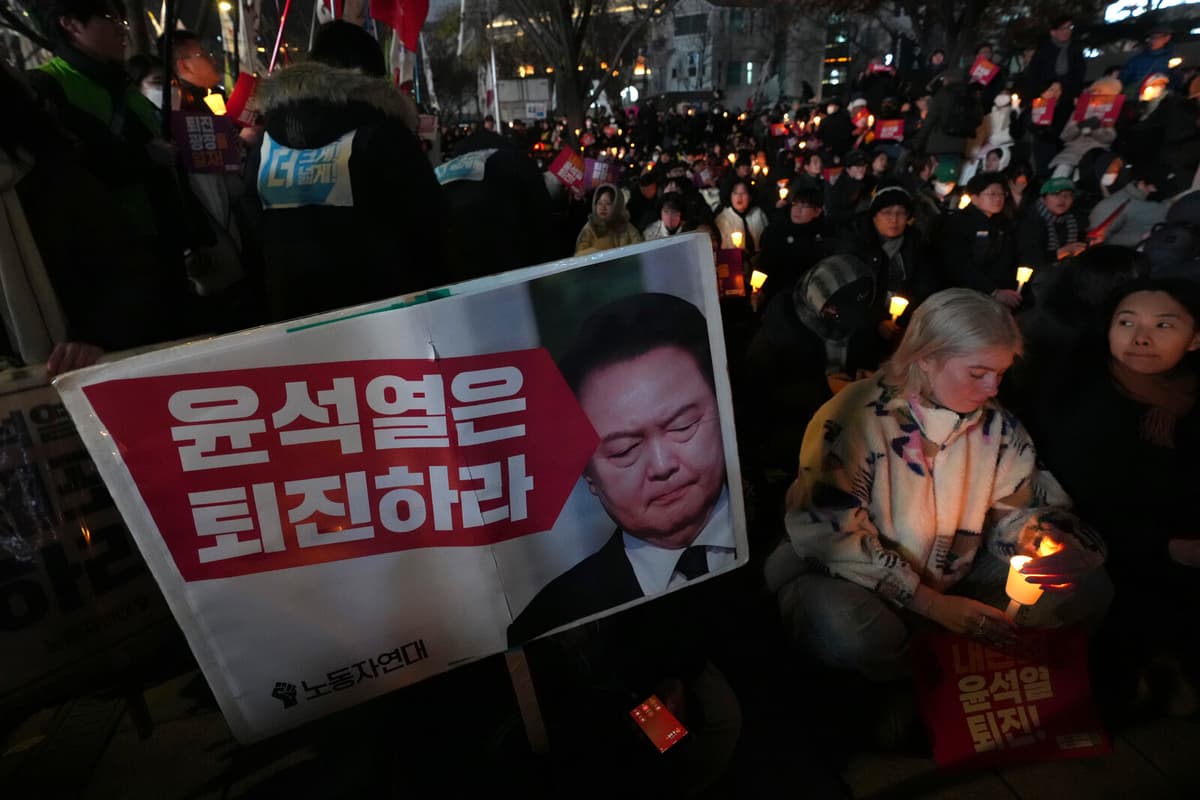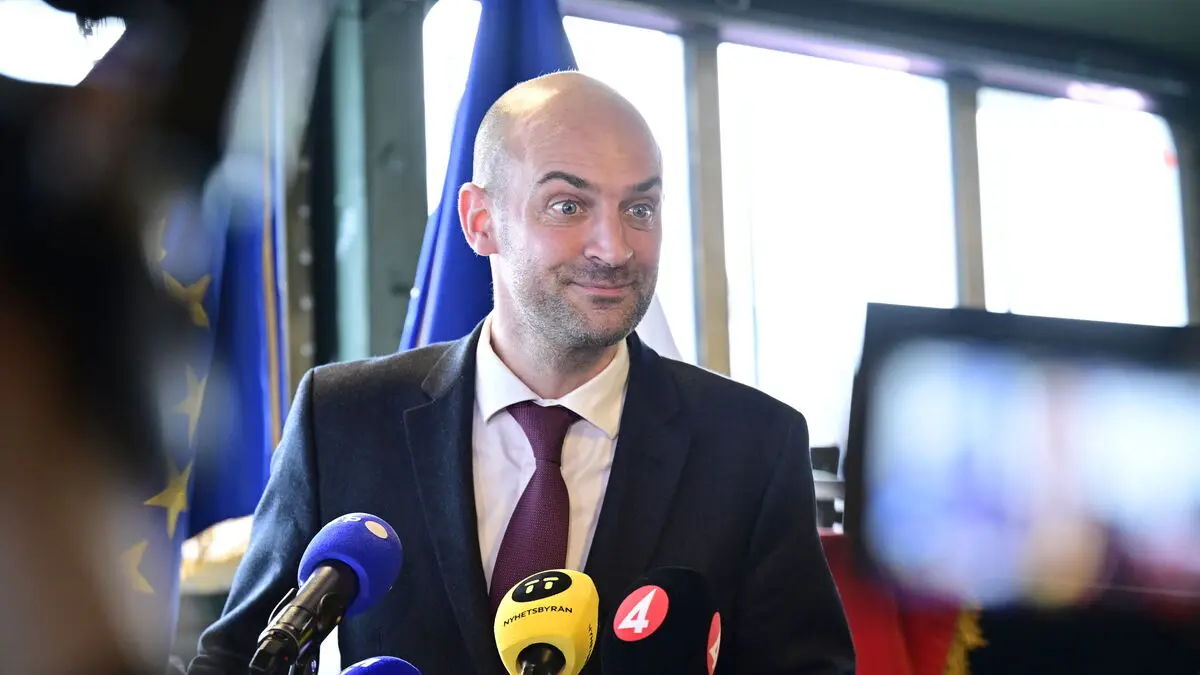Defense Minister Kim Yong-Hyun is accused of having had a major role in the short-lived state of emergency declared on Tuesday. After being dismissed from his job, he was banned on Thursday from leaving South Korea, as he remains under investigation.
Kim, a former general who was appointed minister in August, apologized on Wednesday and took responsibility for the unrest caused by the sudden state of emergency. He is the only top politician to have appeared in public.
President Yoon Suk-Yeol and the defense minister are both being investigated for treason, since the police have received reports from both opposition politicians and members of the public.
Yoon attempted to carry out a coup but failed, according to opposition leader Lee Jae-Myung's description of the events.
Claiming a united no
On Saturday, the National Assembly in Seoul will vote on impeachment of the president. The opposition has a clear majority in the chamber and only needs to win over a small group of lawmakers from the ruling party, the People's Party, to succeed.
However, the leader of the People's Party claims that all its lawmakers will vote against impeachment.
All 108 lawmakers for the People's Party will stand united and reject the proposal for impeachment, says Choo Kyung-Hoo during a live broadcast party meeting.
President Yoon's party colleagues are taking a stand against him in a different way.
I have demanded that he leave the party, says party leader Hang Dong-Hoon.
Sudden announcement
The demands for resignation and impeachment have their basis in Yoon's decision on Tuesday to declare a military state of emergency, which he suddenly announced on live television. Military personnel entered the parliament building, but its lawmakers still gathered and voted down the president's decree. Yoon withdrew it after six hours.
It was the first time since the dictatorship era of the 1970s that a president declared such a state of emergency, with corresponding war laws.
Yoon motivated his move by saying that the opposition was paralyzing the government's work, by not accepting a proposed budget bill, and for being more favorably inclined towards the communist regime in North Korea.
Regarding the criminal investigation, a revolt can in theory be punished with death in South Korea, but in practice, the death penalty has long been abolished.






